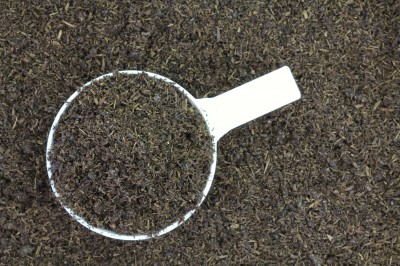






Vermicomposting is the creation of nutritious compost using worms. It’s easy (the worms do most of the work) and extremely good for your plants. The resulting compost is often called worm castings and it’s what the worms have cast off as they eat the scraps you feed them. It is, essentially, worm poop, but it’s loaded with nutrients your plants need.
Worm casting tea is what you get when you steep some of your castings in water, just like you would steep tea leaves. The result is a very useful all-natural liquid fertilizer that can be diluted and used to water plants. Keep reading to learn more about how to make worm casting tea.
There are a few ways to make worm casting tea for plants. The most basic is very easy and works well. Simply scoop a few handfuls of worm casting from your bin (make sure not to bring any worms along). Place the casting in a five gallon bucket and fill it with water. Let it soak overnight – by morning the liquid should have a weak brown color.
Applying a worm casting tea is easy. Dilute it in a 1:3 tea to water ratio and water your plants with it. Use it right away, though, as it will go bad if left longer than 48 hours. To make steeping a little neater, you can make a tea bag for your casting using an old tee shirt or stocking.
You can also follow a worm casting tea recipe that’s a little more complicated but more beneficial.
If you add two tablespoons of sugar (unsulfured molasses or corn syrup work well), you’ll provide a food source for and encourage the growth of beneficial microorganisms.
If you submerge a fish tank bubbler in the tea and let it brew for 24 to 72 hours, you can aerate it and greatly increase the number of microorganisms.
When using worm casting tea, be on the lookout for bad smells. If the tea ever smells putrid, you may accidentally have encouraged bad, anaerobic microbes. If it smells bad, stay on the safe side and don’t use it.
Copyright © www.100flowers.win Botanic Garden All Rights Reserved